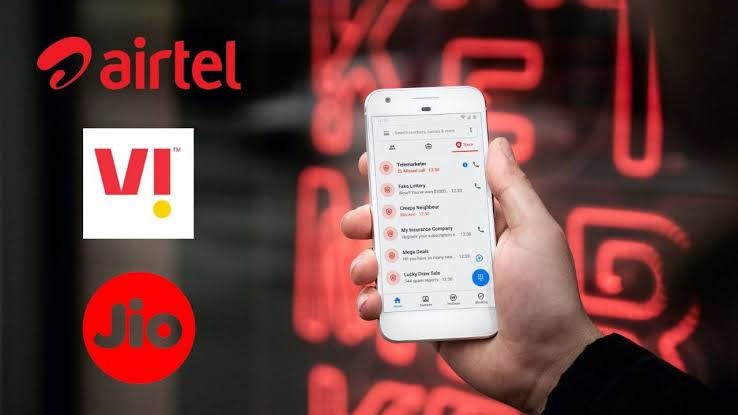New Year, New Sim CardRules: 3-Year Jail, Rs 50 Lakh Penalty For Doing THIS

New Year, New Sim Card Rules: 3-Year Jail, Rs 50 Lakh Penalty For Doing THIS
In an effort to tackle the rising tide of spam, scams, and online fraud, the Indian government is rolling out new regulations governing the purchase and sale of SIM cards, effective January 1, 2024.
With the surge in smartphone usage across the country, authorities are taking a proactive stance to address the corresponding increase in fraudulent activities.
The recently passed Telecommunication Bill introduces stringent consequences for individuals involved in the purchase of fake SIM cards. Offenders may now face a 3-year jail term along with a substantial fine of Rs 50 lakh. This move is part of the government’s comprehensive strategy to combat online fraud.
To bolster the security of SIM card transactions, telecom companies will now require the collection of biometric data from every customer purchasing a SIM card. This critical verification step aims to deter and take strict action against those attempting to manipulate the system.
Starting January 1, 2024, SIM cards will exclusively be available through digital Know Your Customer (KYC) processes in India. This significant shift is designed to enhance the verification system and reduce the risk of unauthorized SIM card transactions.
Under the new regulations, SIM vendors must undergo thorough verification, eliminating the bulk distribution of SIM cards. Bulk purchases will now be restricted to those with commercial purposes, ushering in a more controlled distribution system.
Additionally, telecom franchisees, point-of-sale agents, and SIM distributors are now mandated to register, facing hefty fines of up to Rs 10 lakh for non-compliance. These penalties are intended to ensure strict adherence to the rules, maintaining the integrity of the SIM card distribution process.
As the new regulations take effect, the government aims to create a more secure and controlled environment for SIM card transactions, safeguarding citizens from the growing threats of online fraud and scams.








